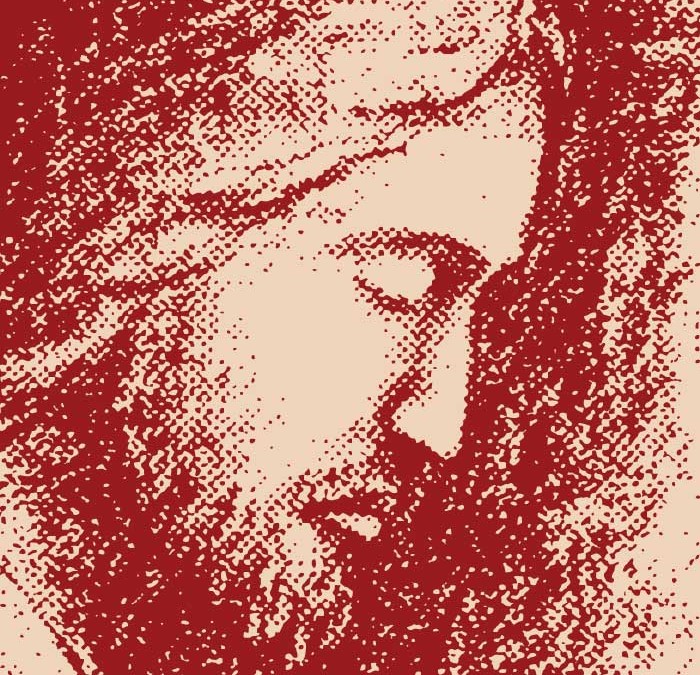CAROLS
Writing in the Weekend Australian Magazine eleven days ago, Nikki Gemmel noted that Christmas carols are slipping away from our culture. She commented that this is a loss, for ours is ‘the age of loneliness; of fear and flinch’. Significantly, she further noted, ‘There’s a spiritual hankering that will always persist. The hankering for guidance to raise children within a moral framework is deep within the human spirit, and the atheists haven’t provided anything substantive to step into the breech. Religion will not disappear. It still shapes our world.’ (Weekend Australian Magazine, December 13/14, 2014)
Assuming Nikki Gemmel’s observation is correct, a question worth asking ourselves and others, especially at Christmas, is this: ‘Is there a stand-out religion?’ If so, what is it like?
TRUTH
Writing in his Letter to the Colossians, Paul the Apostle commented on the way that the gospel of the Lord Jesus Christ had changed the lives of his Colossian readers, as indeed it was changing lives and growing throughout the world. Significantly, he wrote of the gospel as the word of the truth. ‘You Colossians came to know the grace of God in all its truth’, he was saying. He could have left out any reference to the word truth, but he didn’t.
As we think about this, we can say it is true in a counter-intuitive sense – the statements it makes about God and men and women are beyond human invention and imagination. No one of us would have invented a God who was prepared to come as a baby, born into a humble home for our benefit. None of us would have dreamed of a God who, in the cause of rescuing a faithless world, would die an unjust and awful death. Nor would we conceive that such is God’s justice that the death of his one and only Son was the only way he could break the bonds of sin and death for us. A gospel like this can’t be contradicted. Christianity is a good example of GK Chesterton’s observation that ‘Truth is stranger than fiction’.
Furthermore, the gospel is true in an historical sense – the accounts of the birth, the life, death and resurrection of Jesus are not an invention. Luke is insistent he was accurately narrating events witnessed by eye-witnesses (Luke 1:2), events that fulfilled promises made by prophets over a period of five hundred years (for example, 2 Samuel 7:12-13; Isaiah 9:2-7).
Third, the gospel is true in an experiential sense – when we put our trust in Jesus Christ who is at the centre of the gospel message, we discover that our faith is not a hoax. It is a genuine experience.
WHY WAS JESUS BORN
The answer is found in the names and titles given in the announcement at Jesus’ birth: “To you is born this day in the City of David a Saviour, who is the Christ, the Lord.” We might like the titles, Christ and Lord, but we baulk at Savior. ‘We don’t need saving,’ we say. But the fact is we do. Here is the heart of Christianity. This is the religion we all need.
Carols. And when we know this Christ, the Lord, as our Savior, we will want to sing the great music of Christianity – including the carols. Indeed, we will want to hear again and sing out the majestic words of the ‘Halleluiah Chorus’ of Handel’s Messiah: ‘King of kings, and Lord of lords, and he shall reign for ever and ever… Halleluiah! Halleluiah!’
May you know the rich joy of the coming of Jesus Christ, our Savior this Christmas.


